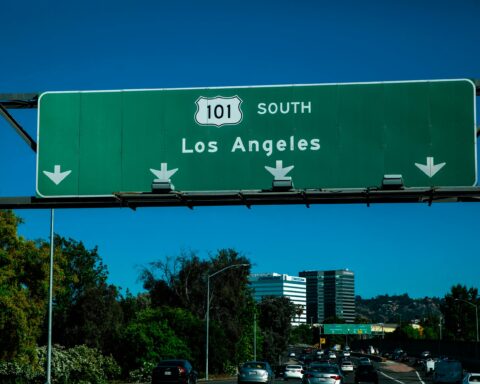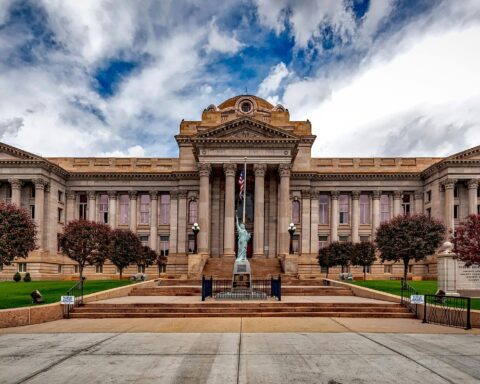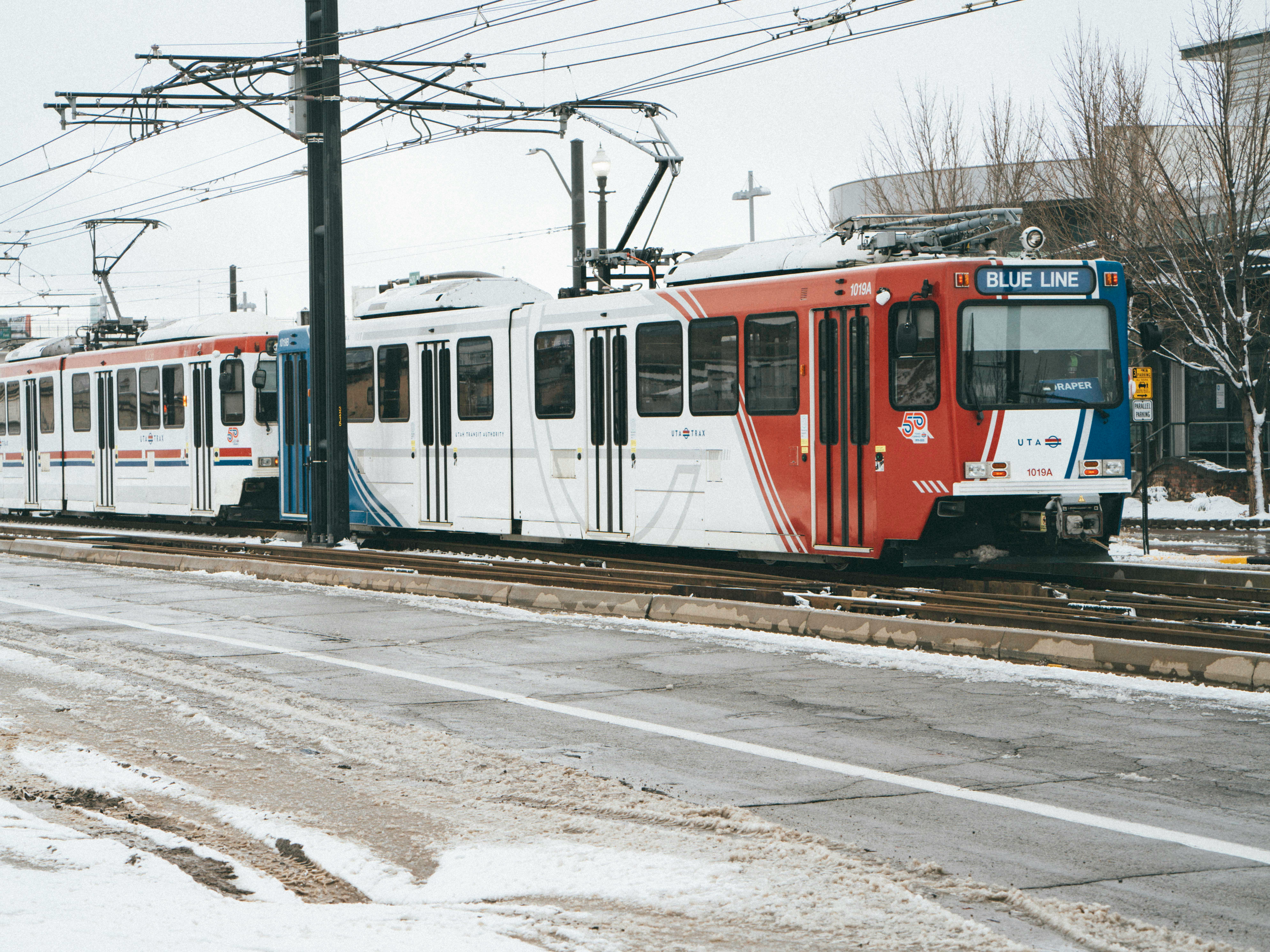New York Gov. Kathy Hochul has directed the Metropolitan Transportation Authority (MTA) to “indefinitely pause” a plan that would charge drivers to enter Midtown or Lower Manhattan. The plan known as congestion pricing would have charged most drivers up to $15 to enter the area. It was set to take effect June 30.
In a statement, Gov. Hochul said congestion pricing was “enacted in a pre-pandemic period where workers were in the office five days a week, crime was at record lows and tourism was at record highs. Circumstances have changed and we must respond to the facts on the ground.”
Hochul cited inflation as a main reason for stopping the congestion pricing plan. “Let’s be real: a $15 charge may not mean a lot to someone who has the means, but it can break the budget of a working- or middle-class household,” Hochul said. It puts the squeeze on the very people who make this City go: the teachers, first responders, small business workers, bodega owners.”
The congestion pricing plan was intended to reduce traffic in one of the most gridlocked parts of New York City and improve air quality while providing a new revenue source for repairs to the city’s public transportation systems. The MTA estimated congestion pricing would result in 100,000 fewer drivers entering the area each day. The fees were expected to generate $15 billion for improvements to public transit.
If the plan had gone into effect June 30, drivers would have been charged fees to enter Manhattan anywhere below 60th street, at the lower edge of Central Park. During peak hours, it would cost drivers $15 but only $3.75 during overnight hours. Motorcyclists would pay $7.50 during peak hours and $1.75 during overnight hours. Fees would only apply once per day even if drivers traveled in and out of the congestion relief zone.
Trucks, buses and taxis would have been subject to their own prices. For trucks and buses, the fees were higher, reaching up to $36 for large trucks and tour buses and $24 for small trucks. Taxis and other for-hire vehicles licensed with the NYC Taxi & Limousine Commission would be subject to lower rates of $2.50 per day plus a $1.25 charge per trip.
Some drivers would have qualified for exemptions or discounts from the congestion fees. For example, people who live inside the congestion relief zone and make less than $60,000 per year would have been eligible for a tax credit equal to the amount of tolls paid. Under another discount program, the Low-Income Discount Plan, drivers living throughout the New York area that make less than $50,000 or are enrolled in other federal benefits such as the Supplemental Nutrition Assistance Program could get a 50% discount on all trips to the congestion relief zone after their 10th trip.
Gov. Hochul’s decision to indefinitely pause the congestion pricing plan has drawn mixed responses from officials throughout the city and state. In an interview with a CBS news station, New York City Mayor Eric Adams appeared to stand by Hochul’s decision. “It’s imperative to deal with the congestion. It’s imperative to make sure businesses continue to thrive in the city. But we have to do it right,” Adams said.
Mayor Adams was pressed on how the MTA would be able to make up the lost revenue congestion pricing would have provided. “That is what the state must deliberate on and come to a determination,” Adams said. “The city does not control the MTA. We say that over and over again. New Yorkers use the transit system, but we are creatures of Albany.”
Other city officials were outright critical of Hochul’s decision. “This action ensures that our communities will continue to be plagued daily by unbearable vehicular traffic, and it will stall progress towards a more sustainable and efficient transportation system,” New York City Council Member Erik Bottcher said in a statement on X. “Postponing congestion pricing will prolong the nonsensical status quo.”
Some city council members, on the other hand, are supporting Hochul’s decision. “There are still many unresolved questions about how congestion pricing will impact New Yorkers and other commuters, and it is crucial that we address these concerns before moving forward, ” New York City Council Member Nantasha Williams said in a press release.













